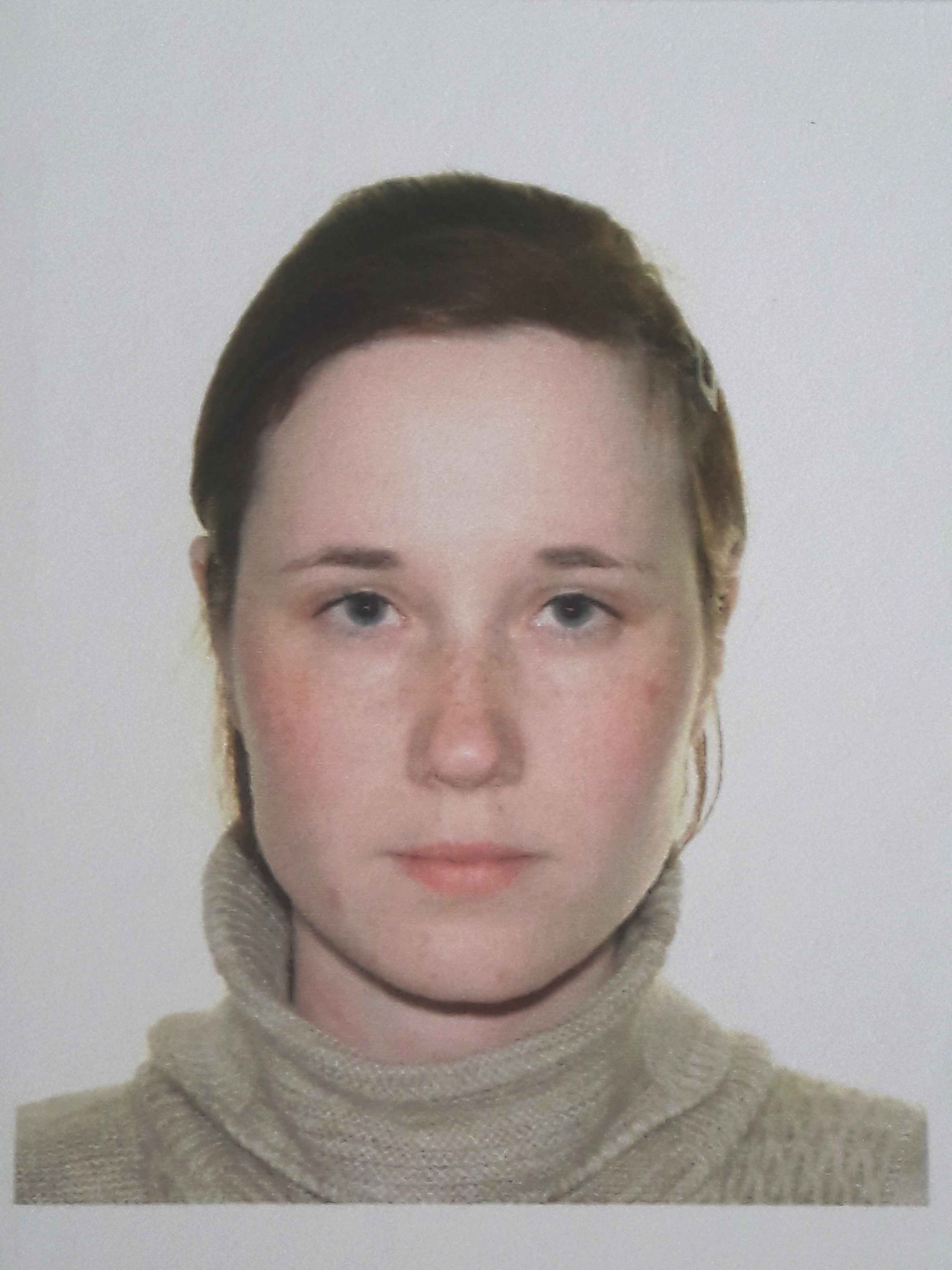The paper analyzes three basic elements of M.M. Kaplan's conception. He was the founder of the Reconstructionist Judaism, which is an influence movement of modern Jewish thought. Examining in detail the three constitutive ideas – the idea of God, the idea of the Torah and the idea of Israel as well as the concept of supernatural and the concept of revelation, the author discovers that they are reinterpreted by Kaplan in the spirit of naturalism and pragmatism. In this regard, each of these ideas acquires a new sound. Kaplan rejects the classical understanding of the Torah as Torah min hashamaim, Israel as God's chosen people, he also revises the idea of God. However, the attempt to reconstruct Judaism in accordance with the requirements of the time generates contradictions within the concept: the identification of God with an ordered universe and, at the same time, the postulation of his otherness; emphasis on the importance of the emotional connection with the deity and the denial of the possibility of such interaction; potentially unlimited possibility of rational comprehension of the world and recognition of the existence of irrational knowledge.
Key words: idea of God, Israel, Judaism, M.M. Kaplan, naturalism, Reconstructionism, Tora, transnaturalism, philosophy of modern Judaism.
DOI: 10.22250/2072-8662.2018.3.110-116
About the author
 |
Valeriya V. Sleptsova – PhD (Philosophy), Research Fellow at RAS Institute of Philosophy; 12/1 Goncharnaya Str., Moscow, 109240, Russian Federation; This email address is being protected from spambots. You need JavaScript enabled to view it.
|